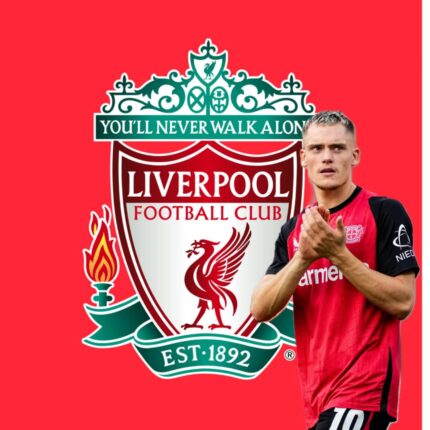In Brittany, north-west France, football is woven into the fabric of local culture, and teams like Nantes and Rennes have traditionally dominated the spotlight. However, a surprising turn of events has propelled Stade Brest’s 29, a smaller club with modest resources, into the Champions League. This remarkable achievement has been powered by a blend of resilience, strategic recruiting, and a strong sense of community, setting the club apart from its wealthier neighbors.
Stade Brestois 29, commonly known as Brest, has captured the hearts of football fans with their unexpected journey to the Champions League. Despite having limited financial backing and facilities that lag behind those of major clubs, Brest’s success is a testament to the character and hard work of the people driving the club forward.
The Long Road Back from Financial Crisis
In the early 1990s, Brest faced significant financial struggles that forced the club into amateur leagues. This dark period stretched from 1991 to 2004, during which time Brest toiled to stabilize its finances and rebuild its team. By 2019, Brest secured promotion to Ligue 1, France’s top-tier league, and began laying the foundation for the success that would come years later.
This progress, however, did not come without challenges. Brest operated on a shoestring budget, with a stadium often described as outdated. Despite these obstacles, the team clawed its way back to the top division, buoyed by a dedicated local fanbase and a culture that emphasizes humility and hard work. Now, after years of resilience, Brest has achieved the unimaginable — a place among Europe’s elite in the Champions League.
A Stadium Too Small for the Champions League Stage
Though Brest’s fairytale rise to the Champions League has been celebrated widely, it has also highlighted infrastructural issues within the club. Stade Francis-Le Ble, the team’s home ground, does not meet UEFA standards, forcing the club to host Champions League home games in Guingamp, nearly 70 miles away. Despite the logistical challenges, the club’s leadership remains focused on maintaining the spirit of their “magic story.”
As local podcaster Yann Pondaven explains, Brest’s rise is unique compared to clubs like Girona and Bologna. Brest’s success is rooted in a local community that takes pride in the team’s achievements, even if they are technically “not supposed” to be competing on this level. For many fans, simply playing in the Champions League is a victory in itself.
Building a Team on Passion, Not Finances
Unlike big-spending European clubs, Brest’s Champions League campaign has been built through strategic recruitment rather than large investments. Key players such as Steve Mounie, Pierre Lees-Melou, and Martin Satriano helped Brest exceed expectations last season, with Lees-Melou particularly instrumental in the team’s domestic league performance. These signings, often from France’s lower divisions, allowed Brest to build a competitive team without the hefty price tag associated with larger clubs.
The club’s recruitment approach remains pragmatic, targeting “risk-free options” and relying heavily on Franco-centric talent to build a stable roster. With a small administrative team and a close-knit playing squad, Brest has managed to punch above its weight, challenging Ligue 1 giants and emerging as a dark horse in the Champions League.
Local Roots and Community Spirit Drive Success
Brest’s rise is steeped in local pride, with much of the club’s staff hailing from the area. President Denis Le Saint, a local businessman, embodies the team’s close connection to the community. After securing Champions League qualification with a decisive 3-0 win against Toulouse, the city erupted in celebration. This achievement was a collective victory for Brest, made possible by players, coaches, and fans who share a deep-rooted commitment to their club.
As Pondaven notes, Brest’s story is about more than money; it is driven by people passionate about their club. Sporting director Gregory Lorenzi and manager Eric Roy, appointed last season after a long absence from management, have fostered a harmonious environment that prioritizes the club’s long-term growth over short-term gain.
Stability as the Key to Long-Term Success Of Brest
While Brest’s Champions League debut has been thrilling, the club remains cautious about its future ambitions. With uncertainties surrounding Ligue 1’s broadcasting rights and the lessons learned from their past financial collapse, Brest’s leadership is determined to avoid overextending. The focus is now on remaining competitive in Ligue 1 while building a new stadium, slated for completion by 2027 or 2028, which will provide a stronger foundation for the club’s European aspirations.
As Pondaven emphasizes, “Stability is the most important thing.” Brest’s journey to the Champions League has provided a glimmer of hope for smaller clubs across Europe, proving that grit, local pride, and calculated strategy can make dreams come true. For Brest, the goal is not just to survive but to thrive in the top tier of French football, maintaining the spirit that brought them this far.














